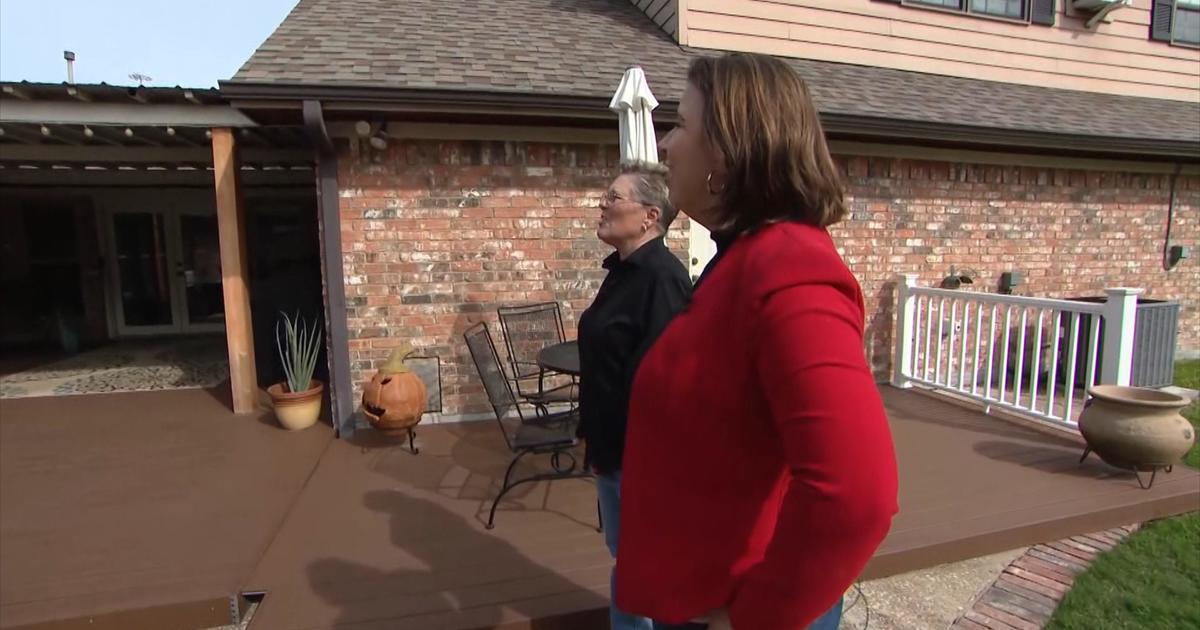Coronavirus In Texas: Less People Going To ER For Fear Of COVID-19 Exposure
NORTH TEXAS (CBSDFW.COM) - The number of people going to hospital emergency rooms has dropped as people avoid seeking medical care out of fear of exposure to COVID-19.
When they do go in, for everything from chest pain to general sickness, emergency physicians said they are seeing some patients at a more advanced stage of illness.
There is concern that fear of avoiding one illness, could end up leading to larger problems with another illness in the weeks and months to come.
"I do think we're going to see some worsening of, presentations of, new conditions," said Dr. Robert Hancock. "That whether people waited and didn't come in for that condition developing, or simply didn't come in for chest pain, and have some other catastrophic thing down the road."
In Tarrant County, MedStar Mobile Healthcare's daily transports to hospitals, are down from about 320 per day in January, to 192 a day through the first nine days of April. The percentage of medical calls that end with taking someone to the hospital, is also down more than 12-percent in that same time period.
The emergency department at JPS Health Network is caring for about 240 people a day right now, down about 35-percent from its average. That number can drop down to about 200 on the weekends.
Other health networks with facilities across North Texas also indicated their patient numbers were lower, but did not immediately have exact figures.
In an emailed statement, Medical City Healthcare said there had been declines in emergency rooms being utilized but that access remained available.
"We want patients who may be experiencing emergency symptoms of any kind, such as those of a heart attack or stroke, to know that it is safe and necessary to seek vital medical attention," an emailed statement said, in part.
Dr. Hancock, the president-elect of the Texas College of Emergency Physicians, said he has seen some patients who would normally seek help when they had trouble breathing or walking, wait until they were in near full respiratory failure.
"They're concerned they'll be exposed" he said. "However, we've done a really good job, pretty much across the country, but in this area I can speak for, of separating those people who don't have infectious symptoms, from those that do."
If someone is concerned about taking up a bed, or needed supplies, Dr. Hancock said in many cases with early intervention, the patient may not need to be admitted. Waiting could lead to a condition where someone would need to take up a bed in the intensive care unit.
Hancock also said the drop in patients has had a financial impact on medical staff. He estimated as many as 75% of emergency room staff across the state had taken significant pay cuts, and had hours cut, due to the drop in work.



